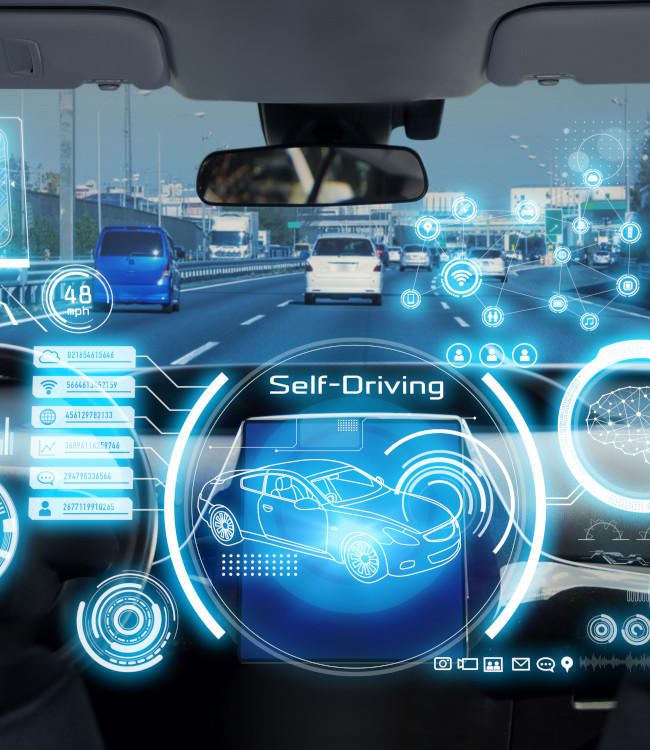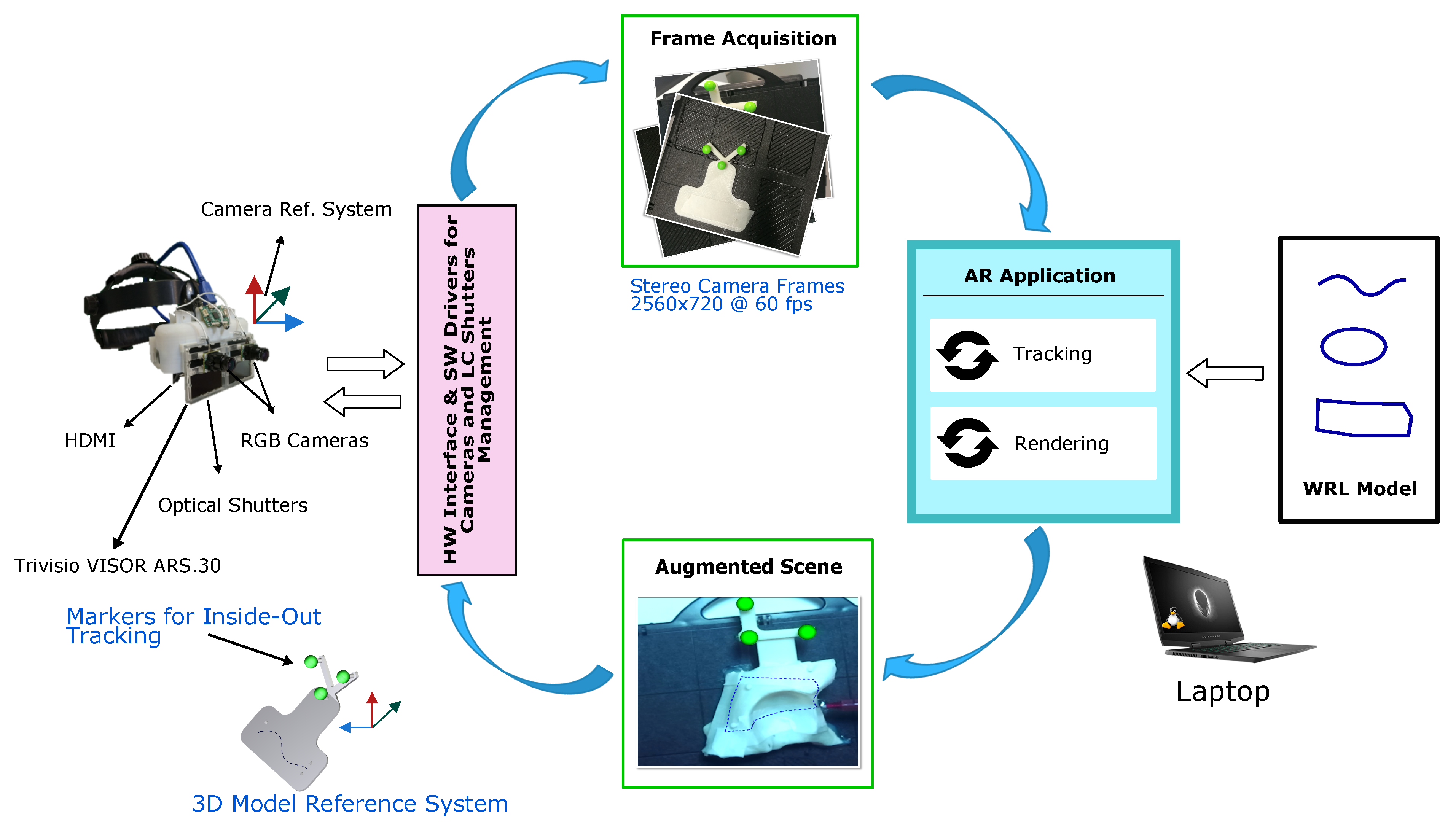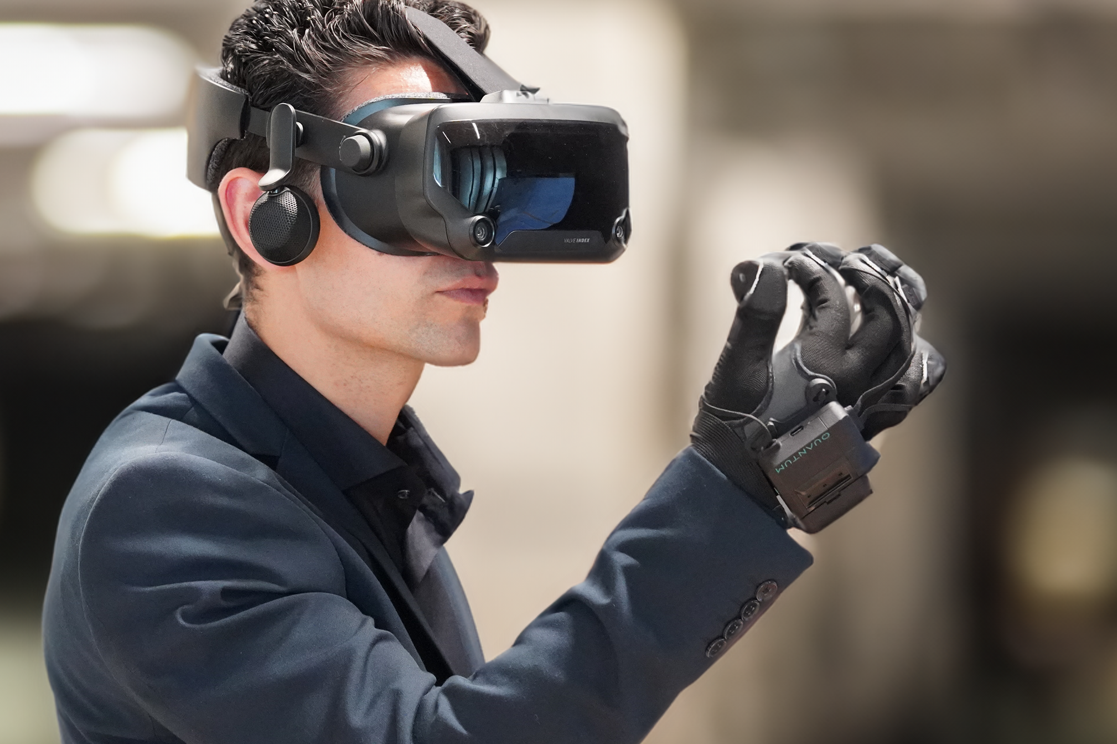Introduction
The automotive industry has always been at the forefront of innovation, constantly pushing the boundaries of what’s possible. From the earliest steam-powered vehicles to today’s electric and autonomous cars, technological advancements have been a driving force in shaping the way we move. One of the most exciting frontiers in this industry is the integration of quantum sensors, harnessing the weird and wonderful principles of quantum physics to enhance safety, efficiency, and performance.
Understanding Quantum Sensors
Before we delve into their applications in the automotive sector, let’s take a moment to understand what quantum sensors are. At their core, quantum sensors utilize the unique properties of quantum mechanics to make incredibly precise measurements. Unlike classical sensors that rely on macroscopic properties, quantum sensors exploit quantum phenomena such as superposition and entanglement.
Quantum Sensors in Automotive Applications
Now, let’s explore the various ways quantum sensors are making waves in the automotive industry:
Quantum Radar for Autonomous Vehicles: Autonomous vehicles rely heavily on sensor technologies to navigate safely. Quantum radar, which exploits the quantum properties of entangled photons, promises to revolutionize this aspect. It can provide highly accurate and real-time mapping of the surroundings, even in adverse weather conditions, making self-driving cars safer and more reliable.
Quantum Gravimeters for Fuel Efficiency: Quantum gravimeters, which use atom interferometry, can measure gravitational forces with unprecedented precision. In the automotive industry, this technology can be employed to optimize fuel efficiency by accurately determining the vehicle’s weight and center of gravity. This data can be used to enhance vehicle design and improve fuel consumption.
Quantum-enhanced LiDAR for Collision Avoidance: LiDAR (Light Detection and Ranging) is crucial for collision avoidance systems in vehicles. Quantum-enhanced LiDAR systems use quantum correlations to measure distances with astonishing accuracy. This can significantly enhance the performance of advanced driver-assistance systems (ADAS), making vehicles safer for both drivers and pedestrians.
Quantum-enhanced GPS for Navigation: Traditional GPS systems can have limitations, especially in urban environments with tall buildings. Quantum-enhanced GPS technology, based on atomic clocks, can provide highly accurate position and timing information. This can improve navigation systems in vehicles, making them more reliable and precise.
Advantages of Quantum Sensors
So, why are quantum sensors gaining so much attention in the automotive industry? Here are some key advantages:
Unprecedented Precision: Quantum sensors can provide measurements with unparalleled precision, enabling more accurate and reliable data for various automotive applications.
Enhanced Sensitivity: Quantum sensors are incredibly sensitive, allowing them to detect subtle changes and variations that might go unnoticed by traditional sensors.
Improved Safety: Quantum sensors can play a vital role in improving the safety of vehicles, especially autonomous ones, by providing real-time data with high accuracy.
Efficiency Gains: Quantum sensors can lead to efficiency gains in areas such as fuel consumption and navigation, ultimately reducing operating costs for vehicles.
Challenges and Future Prospects
While the potential of quantum sensors in the automotive industry is immense, there are still challenges to overcome. The technology is in its early stages, and the cost of developing and implementing quantum sensors can be high. Additionally, there are technical challenges related to scaling up quantum systems for practical automotive use.
However, as research and development in quantum technology continue to advance, these challenges are likely to be addressed. In the not-so-distant future, we can expect to see quantum sensors becoming increasingly prevalent in the automotive sector, contributing to safer, more efficient, and more advanced vehicles.
Conclusion
The integration of quantum sensors into the automotive industry represents a remarkable fusion of cutting-edge science and practical engineering. These sensors, rooted in the enigmatic world of quantum physics, are set to redefine how we drive, making our vehicles safer, more efficient, and more capable than ever before.
As quantum technology continues to mature, it’s not just the automotive industry that will benefit. Quantum sensors hold promise in a wide range of applications, from healthcare to aerospace, and beyond. So, while we may still be a few years away from seeing quantum sensors in every car on the road, the journey has already begun, and the destination promises to be nothing short of extraordinary. Stay tuned for the quantum revolution in the automotive industry – it’s going to be quite a ride.






